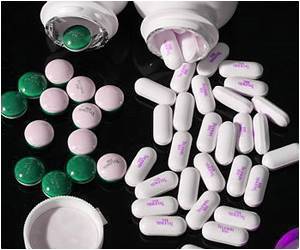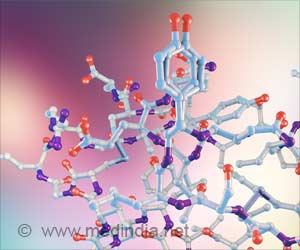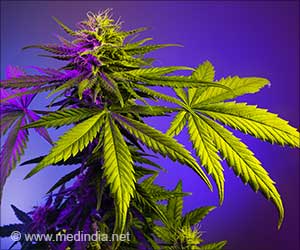The government withdrew customs duty exemption on import of 74 drugs including life-saving medicines used for treating cancer and HIV.

‘The withdrawal of customs duty can lead to a rise in drug prices. Some of the life-saving drugs for cancer and HIV are likely to increase by 22 to 35 percent.
’





D G Shah, Secretary General of the Indian Pharmaceutical Alliance, said, “The recommendation to prune the lists was aimed mainly at taking stock of the current status of the industry and to rationalize the exemptions.” "It also aimed at promoting the local production of bulk drugs and reduce dependence on cheap imports from China. It is thus aligned with the overall objective of reviving the bulk drug industry in the country," said Shah.
The entire exercise took over 12 months. The main reason was to update the lists drawn in 2012 and promote the revival of the domestic production of bulk drug, he said.
"As the customs duty waiver is withdrawn, the formulators would prefer to use domestic bulk and thereby create demand for the local production. This is also in the long-term interests of the consumer, as it will reduce dependence on vagaries of imports," said Shah.
The customs duty will be imposed on drugs to treat cancer, kidney stones, diabetes, Parkinson’s disease, bone disease, heart rhythm disorders, drugs used in chemotherapy, radiotherapy and antibiotics to treat infections.
Advertisement
"The withdrawal of exemption from basic customs duty for certain drugs and medicines including life-saving drugs is intended to provide protection to the domestic manufacturing industry and enhance the attractiveness of make in India initiative," said Sachin Menon, KPMG India Partner and Head of Indirect Tax.
Advertisement
"An increase has also been made in the customs duty rates of certain life saving drugs such as abciximab, anti-rabies immunoglobin, FSH, procarbazine and saquinavir to 35 per cent," said MS Mani, Senior Director of Deloitte in India.
These changes signify the intention of the government to promote domestic manufacture of these items as imports would now become more expensive, said Mani.
Source-Medindia










